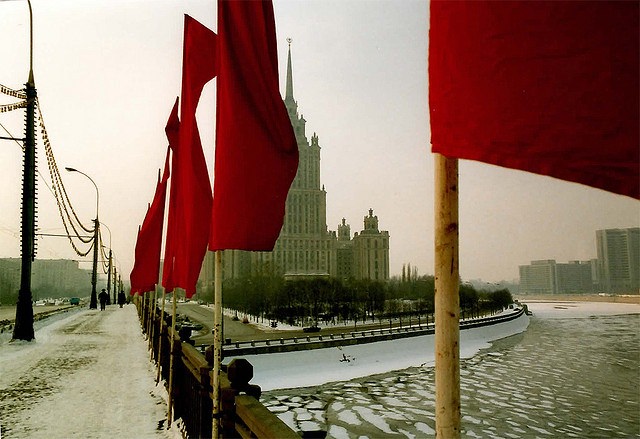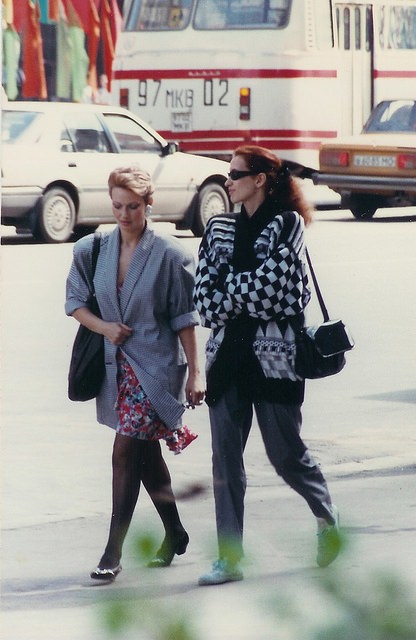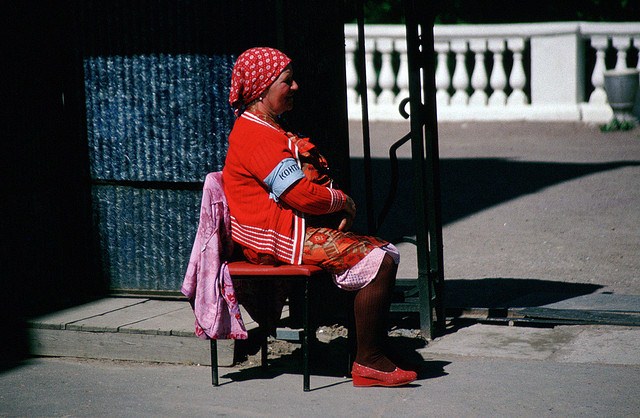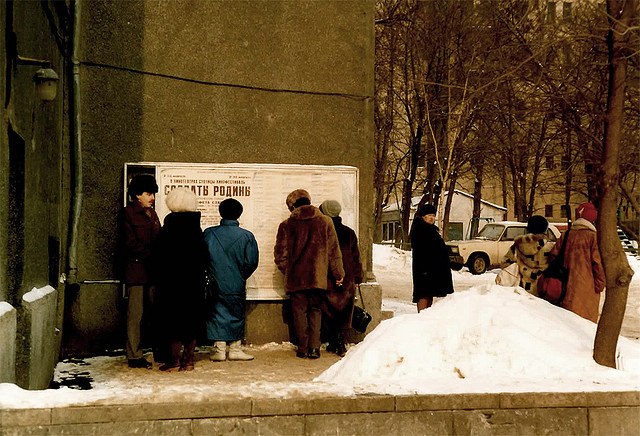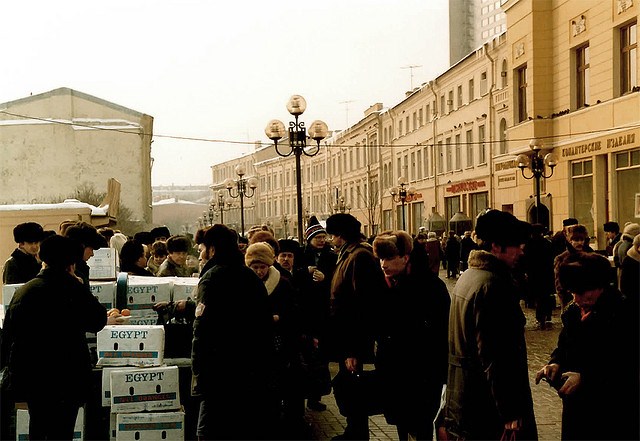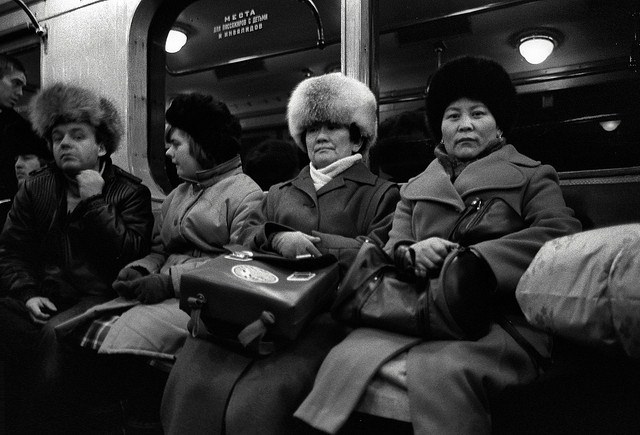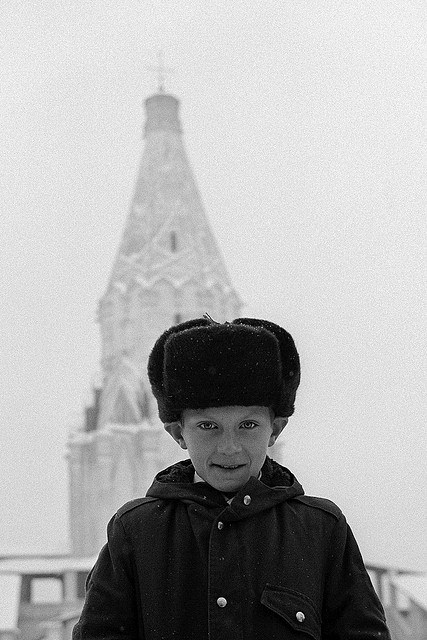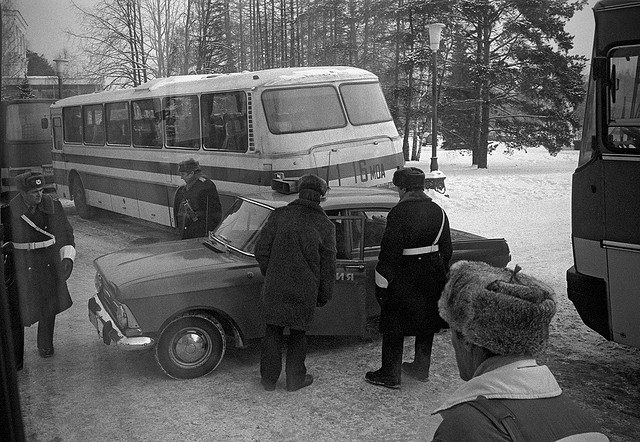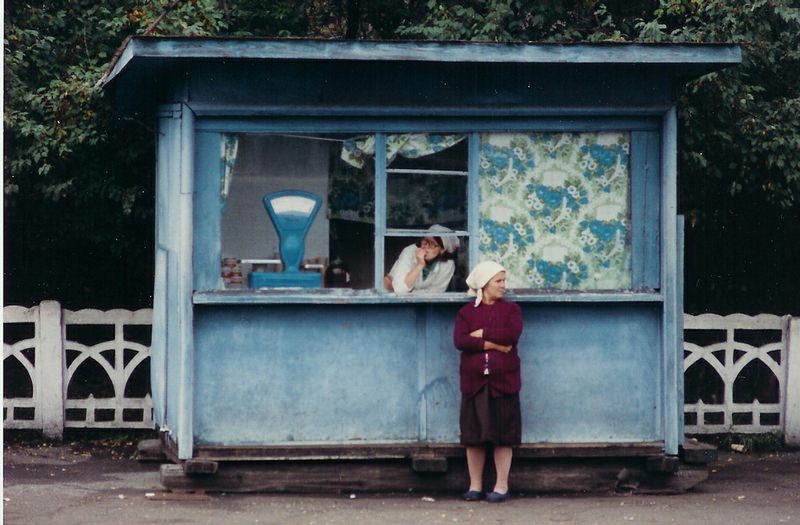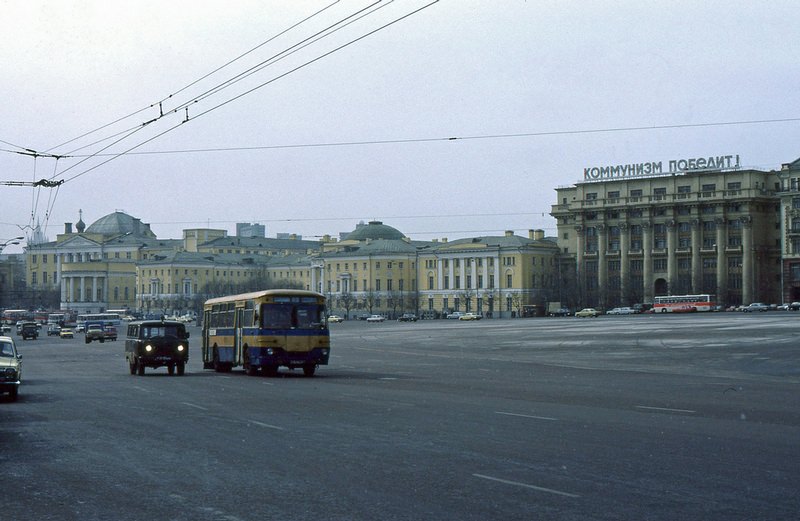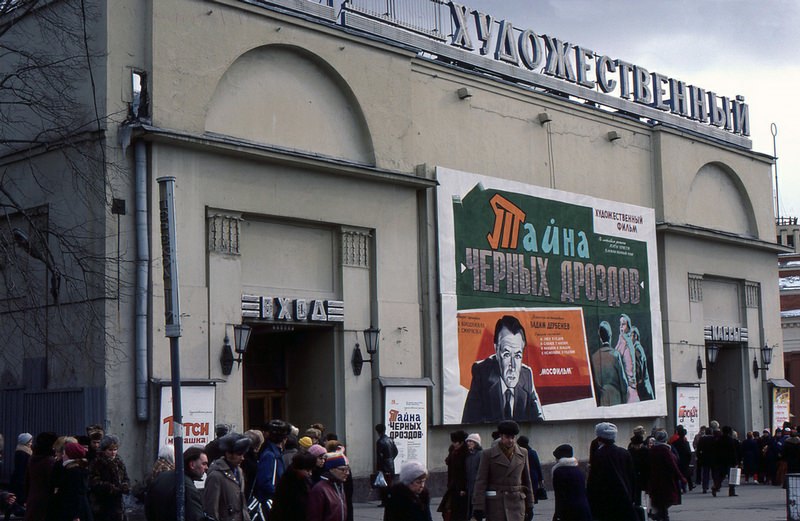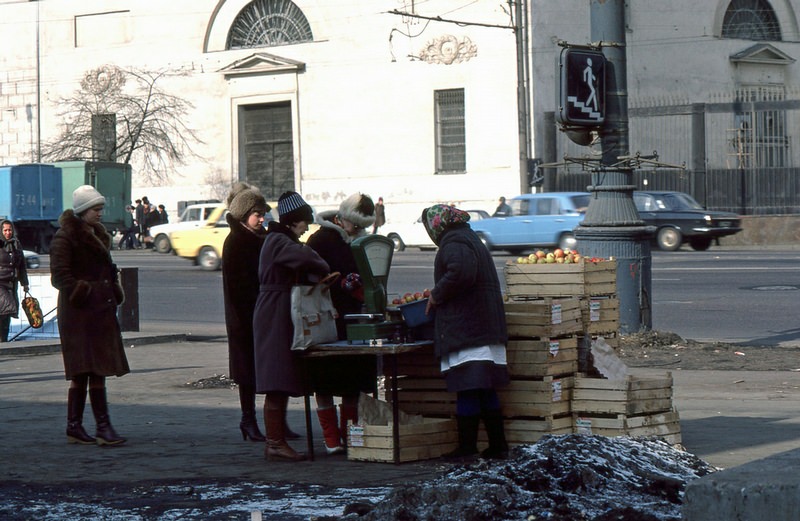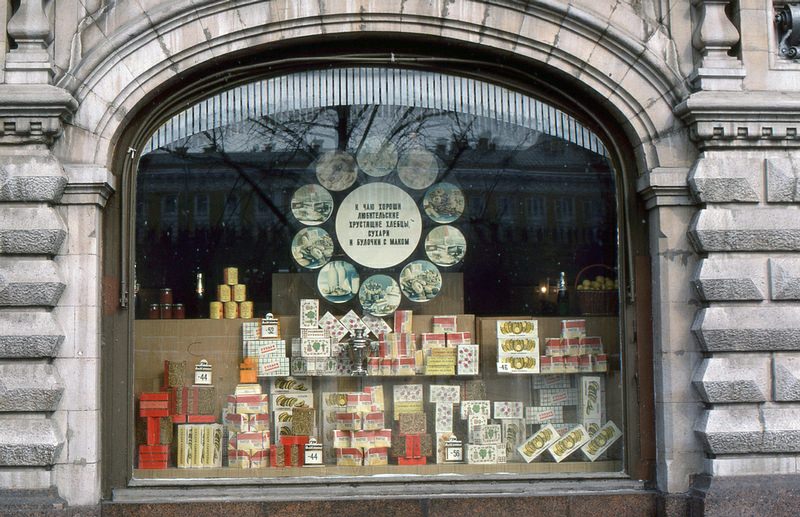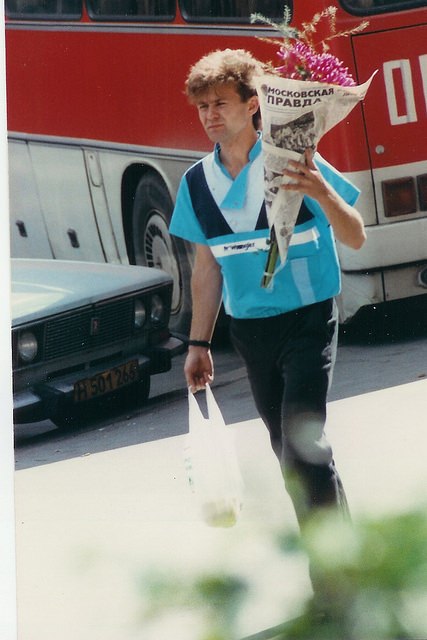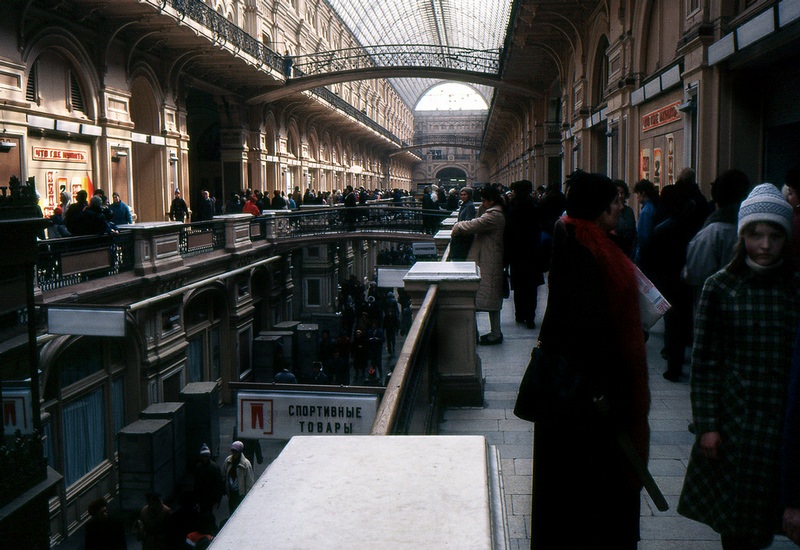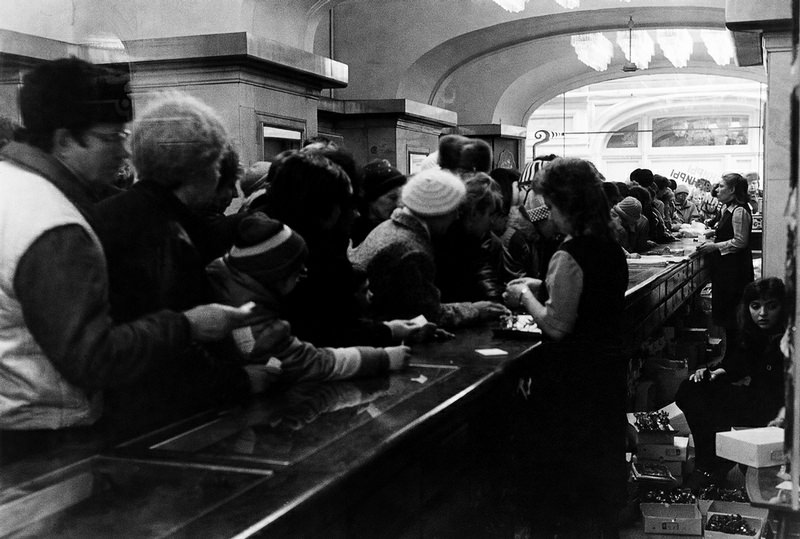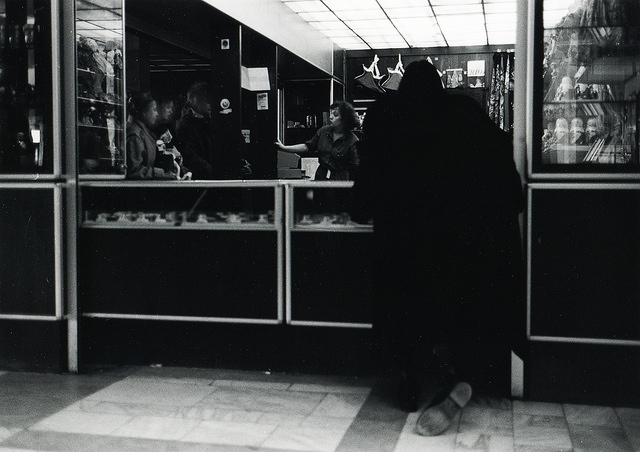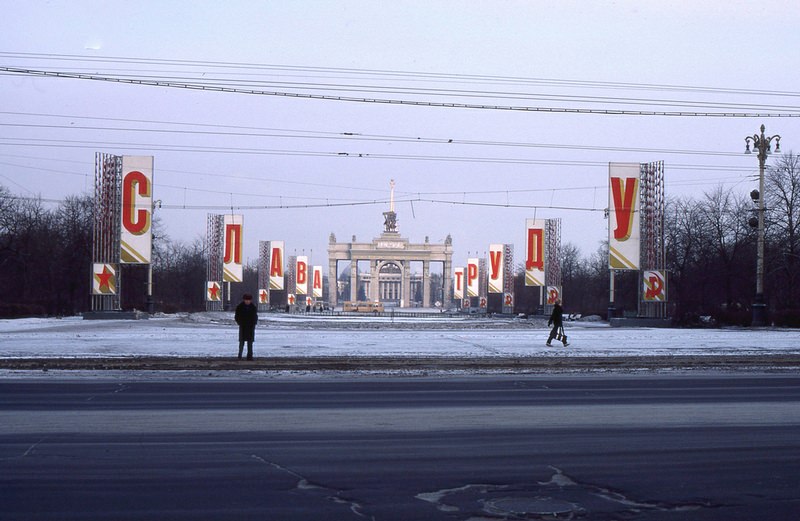Stepping into Moscow in 1984 was like entering a different world. The Cold War was at its peak, and the Soviet Union was a land of contradictions, a place where grand ambitions and everyday struggles existed side-by-side. Let’s take a glimpse into the daily life of Muscovites during this intriguing period.
For most, the day began early. Waking up in a typically cramped apartment, a communal kitchen might be the first stop. Sharing facilities with neighbors was common, and morning routines often involved a bit of friendly chatter while waiting for the stove. Breakfast was usually simple: perhaps some bread with butter and jam, or maybe some kasha (a type of porridge).
The commute to work was often an adventure in itself. The Moscow Metro, with its ornate stations and efficient service, was a source of pride. But buses and trams were crowded, and journeys could be long. Many people walked or cycled, braving the often-harsh weather.
Workplaces varied greatly. Factories were the backbone of the Soviet economy, and many Muscovites worked in industrial jobs. Others were employed in offices, schools, or hospitals. Jobs were assigned by the state, and while there was job security, there wasn’t much room for career advancement.
Read more
Lunch breaks were a welcome respite. Factory canteens or local cafes offered simple, affordable meals. A popular choice was a plate of pelmeni (dumplings) or a bowl of soup. Food shortages were a reality, and queuing was a common experience.
Afternoons were spent back at work, fulfilling quotas and attending meetings. The workplace was not just a place to earn a living; it was also a social space. Co-workers often formed close bonds, sharing news and gossip.
Evenings offered a chance to unwind. A visit to the local park for a stroll or a game of chess was a popular pastime. Others might head to a theater or cinema. Television was a major source of entertainment, with state-controlled channels offering a mix of news, propaganda, and cultural programs.
Shopping was often a challenge. State-run stores offered limited choices, and long lines were common. Finding desired goods often required patience and persistence. Some people turned to the black market for items that were scarce or unavailable in official stores.
Despite the challenges, Muscovites found ways to enjoy life. Family and friends were important, and social gatherings were common. Birthdays, holidays, and special occasions were celebrated with homemade food and lively conversation.


